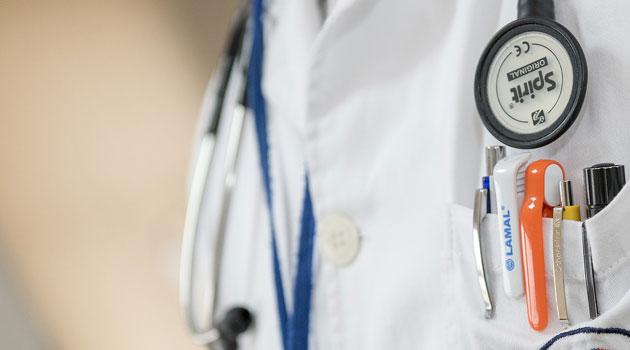German academic institution to hold seminar on the influence of ethnic discrimination on Romani health

Today, social conflicts are increasingly taking place as part of larger struggles for access to environmental resources and public services, while at the same time ethnic minorities, the have-nots, and people living in social exclusion are disproportionately exposed more frequently to those conflicts, which endanger public health. Despite different political initiatives across different European countries to address this, Romani people (who experience multiple forms of disadvantage) have long reported significantly worse health outcomes than members of majority populations irrespective of the country in which they live, including in the Czech Republic.
The average life span in the Romani community is about 10 to 15 years shorter than the average life span in the majority population, and the infant mortality rate in the Romani community ranges from twice that of the majority population to four times that of the majority population. Many Romani people do not have health insurance.
Because of inaccessible, insufficient health care services, a lack of systematic therapeutic plans, and their non-participation in preventive checkups and programs, ailments are frequently diagnosed in Romani patients only once they have reached advanced stages of development. The comparatively poor health of Romani people is often not just due to their poor, unequal access to health care, however.
The comparatively inferior health of Romani people is significantly influenced by their immediate environments, by the level of social support available to them, and by the political and socio-economic context in which they live. As a consequence of the fact that Roma across Europe remain beyond the reach of public health services, they are also more exposed to environmental and health risks.
In the effort to reduce the gap between the health status of non-Roma and Roma, the latest research shows that social determinants of health, i.e., cultural, economic, environmental, political and social factors, play a far more important role than restrictions on access to health care. The one-week seminar at the Hertie School of Governance in Berlin will focus on analyzing public health challenges in relation to vulnerable populations in particular and will open up a discussion of possible strategies to minimize the gap in health status between non-Roma and Roma in Europe.
Where: Hertie School of Governance, Berlin, Germany
When: May 25 – 29, 2020
Application deadline: March 2, 2020
More information at: https://www.hertie-school.org/en/inequalityethnicityhealth/
